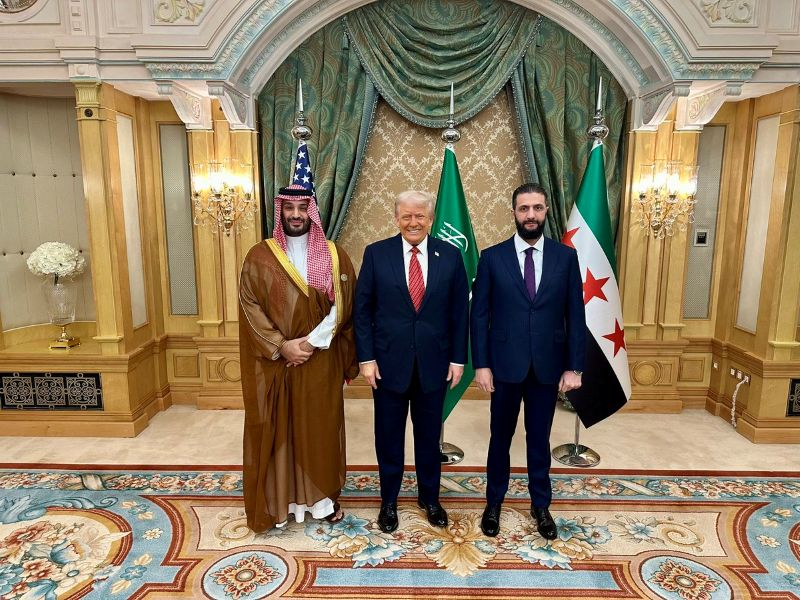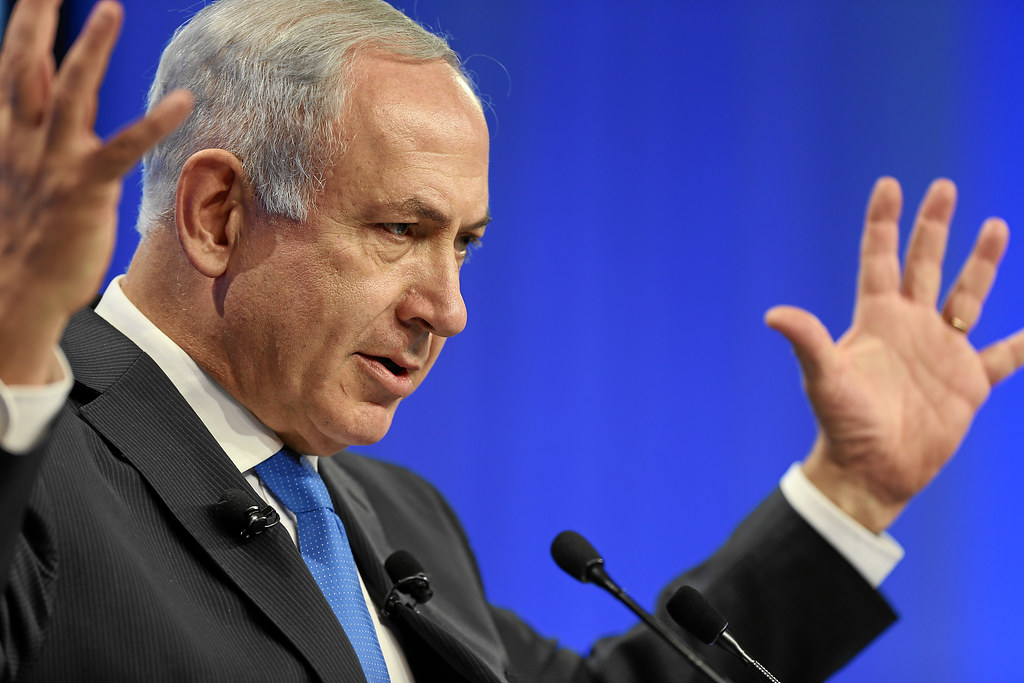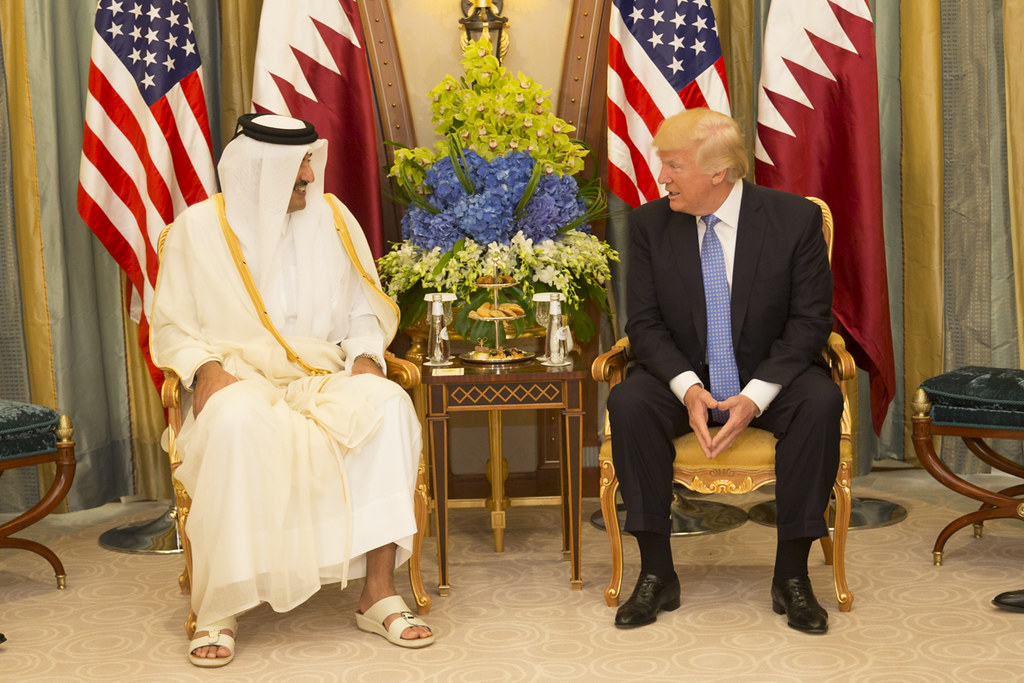
Syria Dreams of Returning to the International Stage
Hwang Yuihyun (SNUAC)
Syria, led by the interim President Ahmad al-Sharaa, is accelerating its return to the international stage. On May 13, US President Donald Trump, who visited Saudi Arabia, announced that he would lift sanctions imposed on Syria and begin taking steps to normalize US-Syrian relations. He met with President al-Sharaa on the 14th. This is the first time in 25 years that the leaders of the US and Syria have met in person. At one time, al-Sharaa was designated as the leader of a terrorist organization and had a bounty on his head, but President Trump’s meeting with al-Sharaa is interpreted as formally recognizing him as a US diplomatic dialogue partner.
Israel’s Ongoing Military Campaign in Gaza and Growing International Isolation
Saerom Han(Sookmyung Women’s University)
Since the breakdown of the ceasefire, Israel’s renewed offensive in Gaza has resulted in over 3,000 Palestinian deaths, according to Gaza’s Health Ministry. The escalation has been accompanied by severe restrictions on humanitarian aid, pushing many in the enclave to the edge of starvation. This dire situation has drawn widespread international criticism, including from traditionally staunch allies like the United States. Even former President Donald Trump, known for his unwavering support of Israel, acknowledged the humanitarian crisis during a recent trip to the Gulf.


President Trump’s Visit to the Gulf States and Its Strategic Implications
So Yeon Ahn (SNUAC)
U.S. President Donald Trump undertook his first overseas trip of his second term with visits to Saudi Arabia, the United Arab Emirates (UAE), and Qatar. As in his first term, the decision to begin his foreign travel in the Gulf underscores the strategic importance these states hold in Trump’s foreign policy calculus. The visit offered a clear illustration of President Trump’s transactional approach to diplomacy, characterized by large-scale economic and defense agreements.
Disarmament of the PKK and Erdoğan’s Political Intentions
Han Haeun (SNUAC)
Turkey’s politics have been shaped over the past decades by its ongoing conflict with the Kurdistan Workers’ Party (PKK), a separatist militant organization. The PKK issue has been deeply intertwined with domestic concerns such as national security, ethnic identity, and democratic governance, making the conflict a complex and central factor in Turkish political life. One of the most pivotal moments in this dynamic was the 2013 “peace process,” during which the PKK declared a ceasefire and sought a political dialogue.

발행처: 서울대학교 아시아연구소 서아시아센터, HK+메가아시아연구사업단
발행인: 채수홍 편집위원장: 구기연 편집위원: 안소연, 한하은, 황의현
연락처: 02-880-2084, katib@snu.ac.kr
